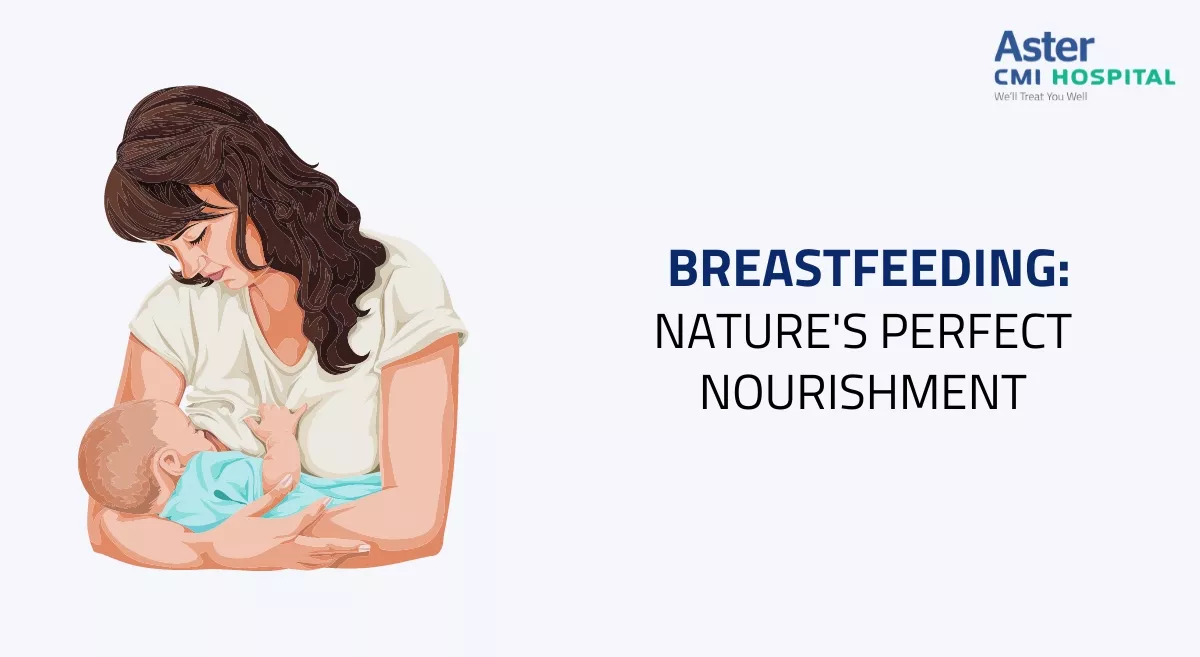Breast milk is often lauded as the ideal food for infants. It's a complex fluid, meticulously designed by nature to provide the perfect balance of nutrients, antibodies, and growth factors for a baby's optimal development. Beyond its nutritional value, breastfeeding offers a myriad of benefits for both mother and child.
For Infants:
- Breast milk contains essential nutrients, antibodies, and growth factors for healthy growth and development of brain , eyes and bones.
- It reduces the risk of infections like ears and respiratory infections , allergies, asthma and gastrointestinal problems especially diarrhoeas.
- Breastfed babies tend to have significantly lower rates of obesity, type 2 diabetes, hypertension and asthma later on in adulthood.
- The bonding experience between mother and the baby promotes emotional and social development.
For Mothers:
- Breastfeeding helps the uterus contract after childbirth, reducing postpartum bleeding.
- It can aid in weight loss and help mothers return to their pre-pregnancy weight.
- Breastfeeding is associated with a reduced risk of breast and ovarian cancer.
- It can help establish a strong bond between mother and baby.
While breastfeeding is undeniably beneficial, it's important to acknowledge that it's not always easy. Many mothers initially encounter challenges such as:
- Sore nipples
- Insufficient milk supply
- Difficulty latching
- Breast pain and infections
The importance of breastfeeding support cannot be overstated. Having access to lactation consultants, support groups, and understanding healthcare providers can make a significant difference in a mother's breastfeeding journey even before baby is born. A mother needs to make an informed decision regarding baby’s feeding plan. A team approach is always useful, even more in case of sick and critical baby.
Working mothers often face unique challenges when it comes to breastfeeding. Balancing career demands with the needs of a nursing infant can be stressful. Factors such as limited breastfeeding breaks, lack of lactation facilities at work, and societal pressures can impact a mother's decision to continue breastfeeding. Implementing supportive workplace policies and creating a breastfeeding- friendly environment can help alleviate these challenges.
In conclusion, breastfeeding is a cornerstone of infant health and well-being. Its impact extends far beyond nutrition, influencing a baby's physical, cognitive, and emotional development. While challenges may arise, the rewards of breastfeeding are immeasurable. By understanding the benefits, seeking appropriate support, and creating supportive environments, we can empower mothers to make informed choices about breastfeeding.






